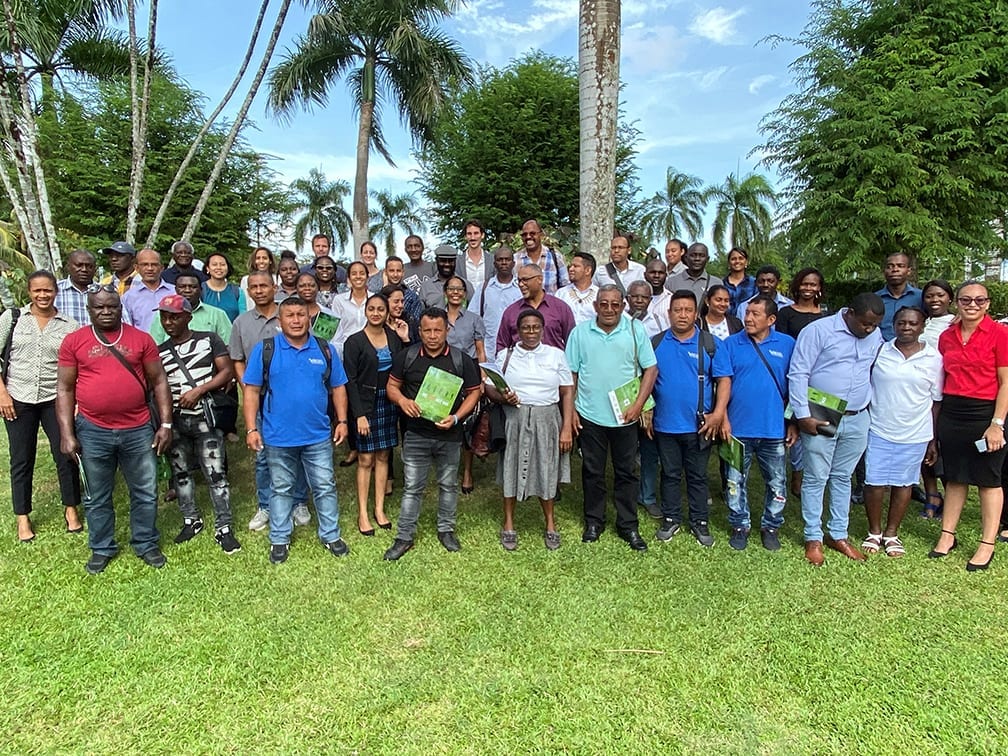Thematic Areas: Legal
A country’s legal framework provides key information on potential barriers to successful design and implementation of conservation activities, as well as of ways to promote an enabling environment. deep understanding of national and international legal frameworks is therefore key to ensure the sustainability and consistency of conservation projects and activities Our professional legal experts provide a thorough understanding of treaties, principles of international law, national and international legal cases, and integrate knowledge from other legal systems. They often work together with local lawyers, with the purpose of ensuring that national norms are adequately interpreted and considered.
We have successfully supported national governments in designing national plans and strategies, particularly in the ambit of forest governance (REDD+) and climate change. In the development of participatory processes, we have provided legal advice to ensure that the procedures implemented are aligned with national and international legal requirements. We have provided legal advice with regards to social and environmental risks of policies and activities and the compliance with different social and environmental safeguards, including, e.g. those of the World Bank, UNDP and the Green Climate Fund (see also safeguards). We have also integrated legal perspectives when addressingWe have undertaken land tenure analysis at the national and local levels, with a view to achieving long-term success in sustainable forest management activities, as well as improved livelihoods. We have advised country governments on land and natural resources tenure, and on how to legally ensure the sustainability of implemented activities, and the well-being and respect of the rights of vulnerable actors, particularly indigenous and tribal peoples (see indigenous peoples). When required by country governments, we have supported processes of legal reform of laws and creation of institutions, providing concrete proposals on required legal adjustments. This has, for example, included the development of mechanisms for the response and resolution of complaints at the national level.










